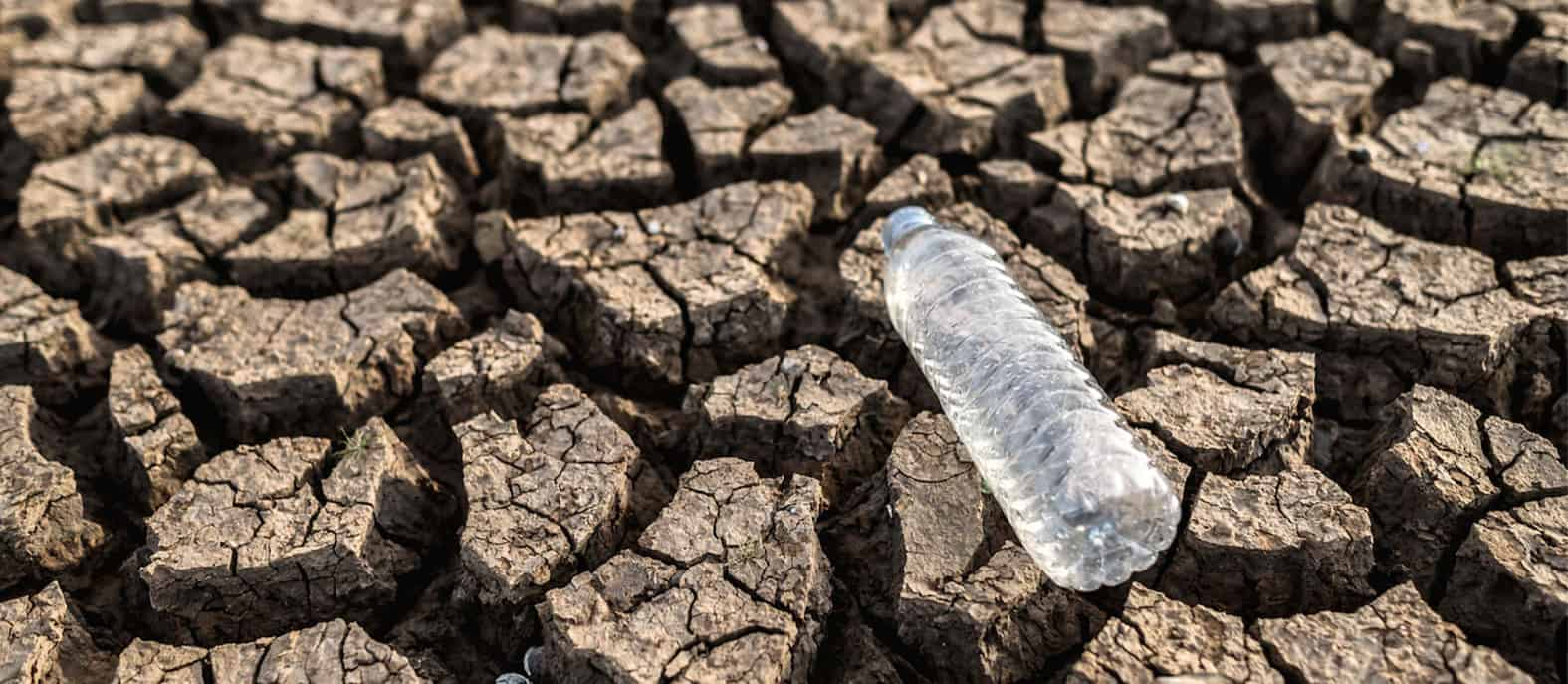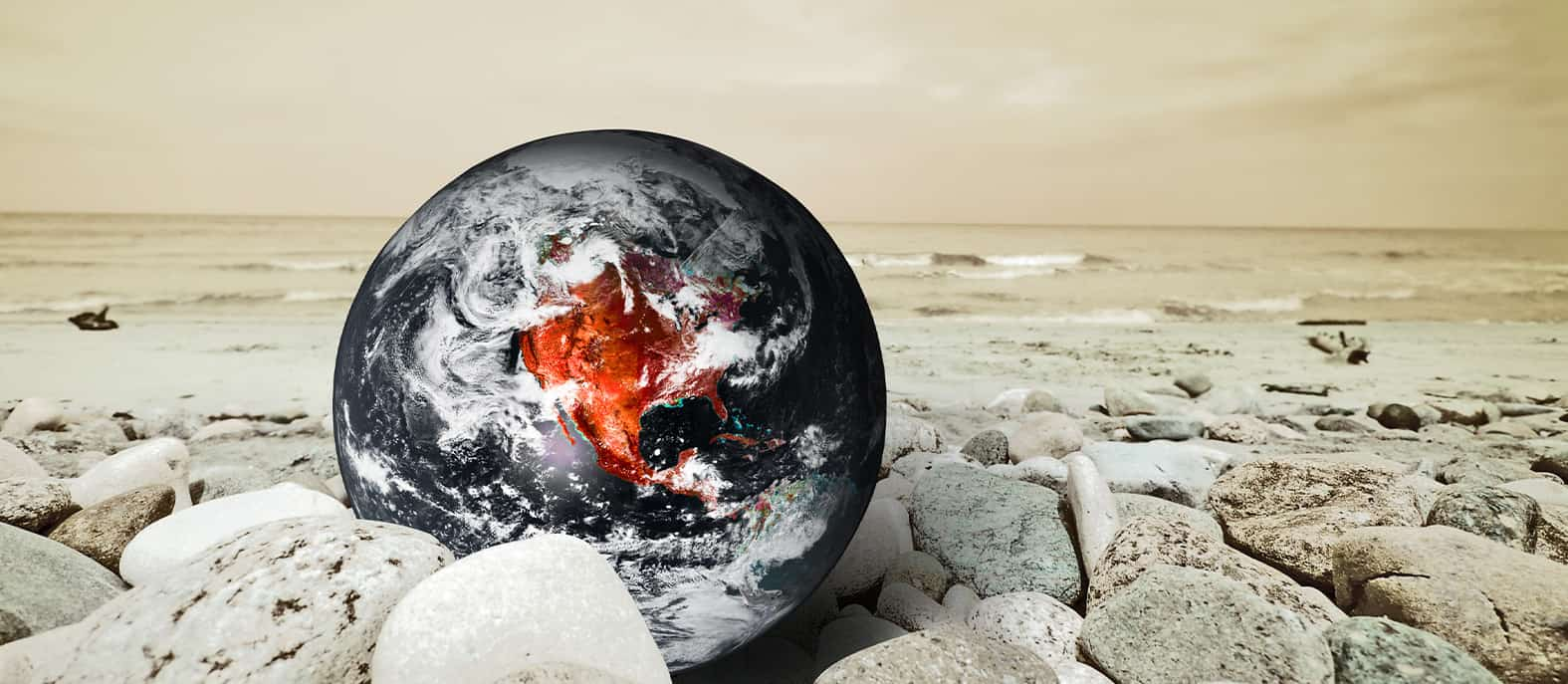Global warming is a term that has been used for many years to describe the gradual increase in the average temperature on Earth. This increase is caused by the greenhouse effect, which occurs when gases like carbon dioxide concentrations, methane, water vapor trap, and other greenhouse gases heat in Earth’s atmosphere.
A beginning “Global warming” started getting picked up in the scientific literature in the 1970s after Wallace Broecker popularized the term with his 1975 paper, “Climatic Change: Are We on the Brink of a Pronounced Global Warming?”
As the Earth warms up, mountain glaciers melt, and sea levels rise. According to the scientific community from Goddard Scientific Visualization Studio, climate changes can lead to drought and more frequent wildfires. Climate change refers to these shifts in weather patterns, as well as how they affect people’s lives around the world.
Whether you’re talking about global warming vs climate change, it’s important to remember that we are responsible for protecting our planet for future generations.
Global Warming & Climate Change: Difference Explained
Are climate change and global warming the same thing? It’s a question that many have asked, and while it may seem simple, the answer is pretty complicated.
Several factors, including increased carbon dioxide emissions from burning fossil fuels, deforestation, and industrial agriculture, cause climate change. Increased global temperature is just one aspect of Earth’s climate change—a rise in average global temperature caused by greenhouse gases trapping heat in our atmosphere.
According to climate scientists from Sea Level Change Portal, another critical aspect of this topic is that not all scientists agree on whether climate change exists! Some believe that it does exist and anthropogenic global warming is being caused by human activities. In contrast, others argue that natural fluctuations in temperature occur cyclically throughout Earth’s history and will continue to do so no matter what we do on Earth.
Whether or not you believe in human-caused climate change or global temperature doesn’t matter—what matters is making sure that you’re aware of how human activity affect our planet!
Let’s take it from the beginning!
Global warming refers to the gradual increase in global average temperatures throughout the Earth’s atmosphere. Earth’s climate change means changes resulting from current warming trend, including extreme climate phenomena, heat waves, rising sea levels, and more.
These terms are often used interchangeably and incorrectly, but they differ. For example, according to NASA’s Earth Observatory, warming of global temperatures refers to a gradual increase in average temperatures throughout the entire planet. Meanwhile, current climate change is linked to various effects of global warming, including extreme weather events, sea level rise, and more.
Both terms are used when discussing how humans contribute to increased greenhouse gases in our atmosphere. It is causing our planet’s temperature to rise significantly over time which has caused many negative consequences for humans and animals alike!
Does Global Warming Cause Climate Change?
It is a common question, but the answer is simple: no! The change of global climates is a natural phenomenon occurring since Earth was formed. Global warming is just another part of it—but we can do something about it!
What is Global Warming?
Global warming refers to the increase in Earth’s average temperature due to greenhouse gases (GHGs) in our atmosphere. In other words, it’s the cause of climate change. It also means our planet is getting warmer because we’re burning fossil fuels like coal and oil for energy.

Global Warming Facts:
- The earth’s average temperature has risen about 1 degree Celsius since 1880.
- It is more significant than any other historical period for the past 2,000 years.
- In 2016 alone, 19 extreme weather phenomena cost nearly $1 billion each in damage worldwide.
- If temperatures continue to rise at current rates, up to 25% of species could become extinct by 2050.
What is Climate Change?
Climate change refers to a pattern of weather conditions linked with each other (i.e., rising temperatures lead to more extreme climate accidents). It means that the changes we experience from recent global warming will affect how often we experience certain natural disasters, such as wildfires or flooding.

Climate Change Facts:
- Climate change from the recent decades is already affecting every continent and ocean on earth.
- It will cause millions of people to be displaced over the next 20 years due to flooding, drought, resource shortages, and other factors caused by climate change.
- The earth is warming at a rate of 0.17 degrees Celsius per decade.
- The current global average temperature is 1 degree Celsius higher than in pre-industrial period, and it’s projected to rise another 2 degrees by 2100 if we don’t take action now.
- Sea levels have risen over 6 inches since 1880, based on proxy data (tree rings, ice cores, corals), and they’re expected to rise another 48 inches by 2100 if we don’t do anything about this problem quickly!
Is Climate Change Getting Better?
The short answer is: no one knows. The long answer is: we don’t know because it’s hard to measure. It depends on what you’re counting and whether or not you’re looking at a short-term trend or a long-term one, but in general, we can say that climate change has been increasing since the pre-industrial period and Industrial Revolution. Moreover, that trend is expected to continue.
Reasons for Global Warming
The earth’s air is getting warmer. We know this, but why? There are a lot of reasons for global warming, and a few of them are induced by human activities. The most important thing to know is that it’s happening, and we can take steps to slow down the natural processes.
- The human population has been overgrowing, and it continues to do so. More people means more energy use, which contributes to global warming.
- Globalization has made it easier for people to travel worldwide and import goods from faraway places. As a result, human activities have led to an increase in emissions from transportation and commerce.
- Burning fossil fuels like coal and oil release greenhouse gases into the atmosphere, which cause global warming by trapping heat instead of letting it escape into space as it usually would if it weren’t being burned by humans (or animals).
- When peatlands and coastal wetlands dry out due to rising temperatures, their dead vegetation decomposes more quickly and releases greenhouse gases, contributing to a “cascading effect” where one calamity contributes to the next.
Understanding the Long-Term Effects of Global Warming and Climate Change
For years, the effects of global warming and climatic change have been a subject of debate. Although some people have argued that these climate changes are not happening, most scientists agree that they are accurate and will continue to affect us in various ways.
Severe Weather
One of the most obvious ways climate change affects us is through severe weather. When temperatures rise, so does the risk for storms, hurricanes, tornadoes, wildfires, rainfall, and other extreme weather events that can cause damage to homes and property.
The number of extreme climate accidents has increased in recent years due to rising greenhouse gas emissions and other factors related to climate change.
Ocean Acidification
The oceans are warming, absorbing much more atmospheric carbon dioxide than they used to. Unfortunately, that combination causes the water to become more acidic. The result is that many species of marine life are at risk of extinction.
The problem with acidification is that it’s happening very quickly, faster than most other effects of global warming. So if we don’t do something about it soon, we could lose some of our favorite species forever!
Increase in Animal Extinction
Global warming has many long-term effects on our planet, and one of the most devastating is the increase in animal mass extinctions.
The most significant factor contributing to this growing problem is habitat loss. As temperatures rise and ice melts, animals lose their homes. Even if they find new ones, they may not be able to adapt to the new climate system conditions.
Impact on Agriculture
The effects of pronounced global warming and climate change on agriculture are already being felt. Most notably, the changing climate has led to more extreme weather patterns, including drought and flooding, which can devastate farmers.
The effects of this temperature change can vary widely depending on the location and type of farming. For example, in some areas with a lot of rain, the soil may become more fertile and produce more food than usual. However, in other dry areas, farmers may struggle to grow crops.
What Can You Do to Minimize the Risks of Global Warming and Climate Change?

Global warming and climate change are two major threats to the planet. Therefore, we must reduce our carbon emissions and work towards a cleaner, more sustainable future.
Here are some things you can do to help reduce your carbon footprint and minimize the risks of global warming and climate change:
- First, use public transportation instead of driving your vehicle.
- Minimize the amount of paper products you use using reusable grocery bags, cups, and bottles for water or soda.
- Buy local products whenever possible, as it will reduce the energy required to ship them across the country or worldwide.
- Reduce your waste by recycling trash appropriately and composting food scraps instead of throwing them away (you can use compost as fertilizer for plants).
References
Goddard Scientific Visualization Studio – https://svs.gsfc.nasa.gov/
Sea Level Change Portal – https://sealevel.nasa.gov/
NASA’s Earth Observatory – https://earthobservatory.nasa.gov/?_gl=1*xxvj0l*_ga*YW1wLTdySG1qQ3FjY3ByLXhrQkxqWTA3SXc.
NASA Global Climate Change (Causes) – https://climate.nasa.gov/causes/
NASA Global Climate Change (Effects) – https://climate.nasa.gov/effects/
